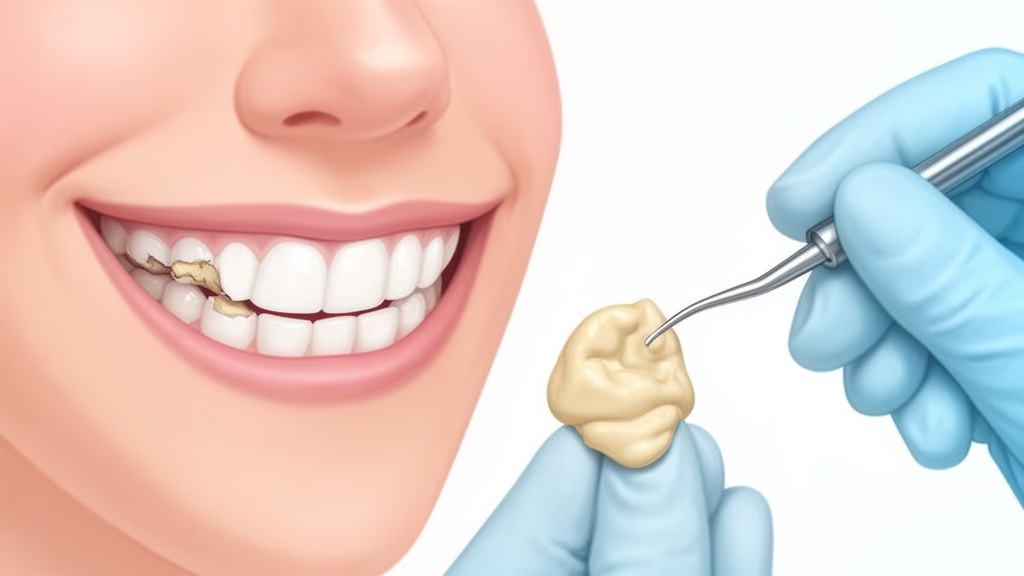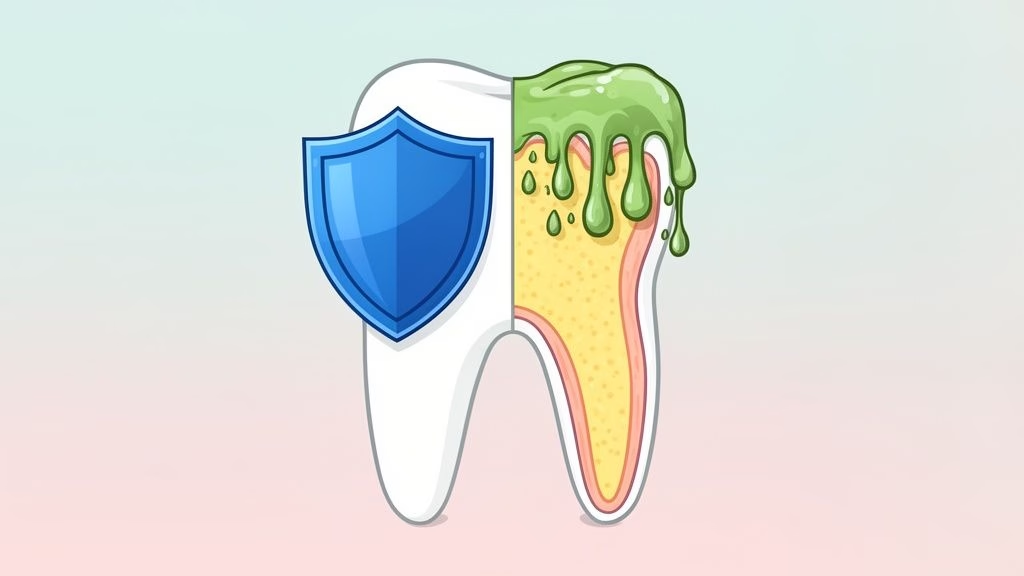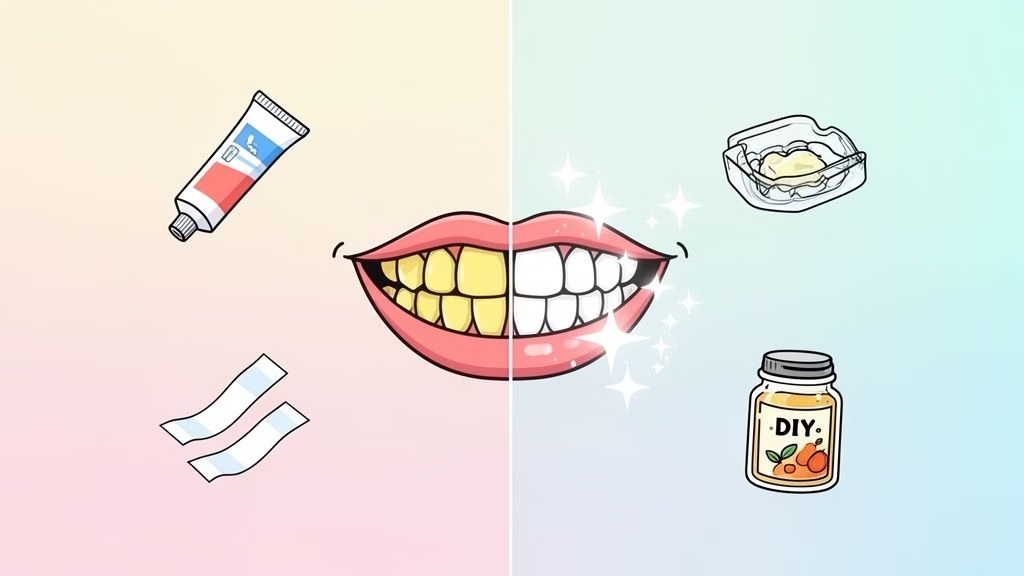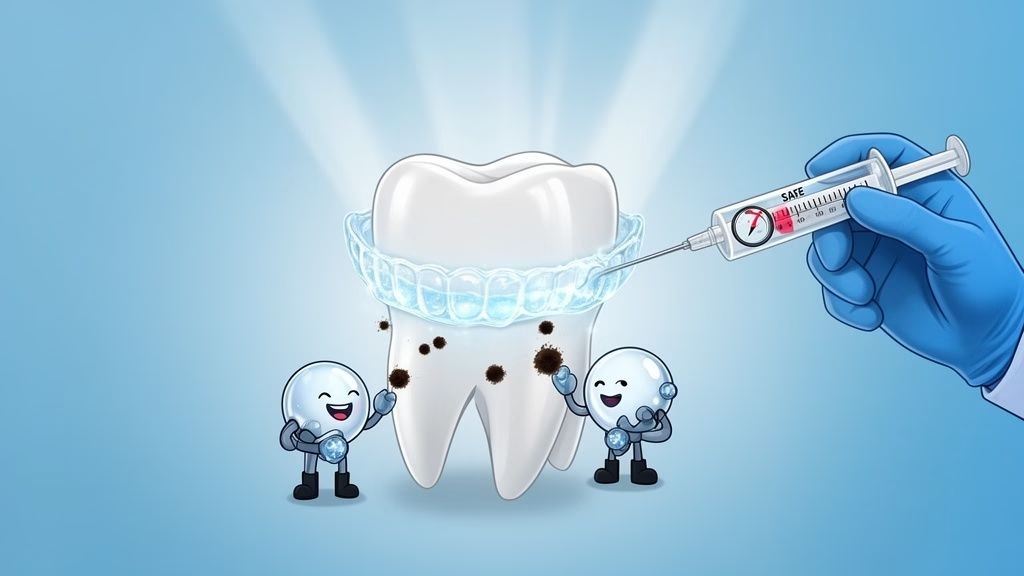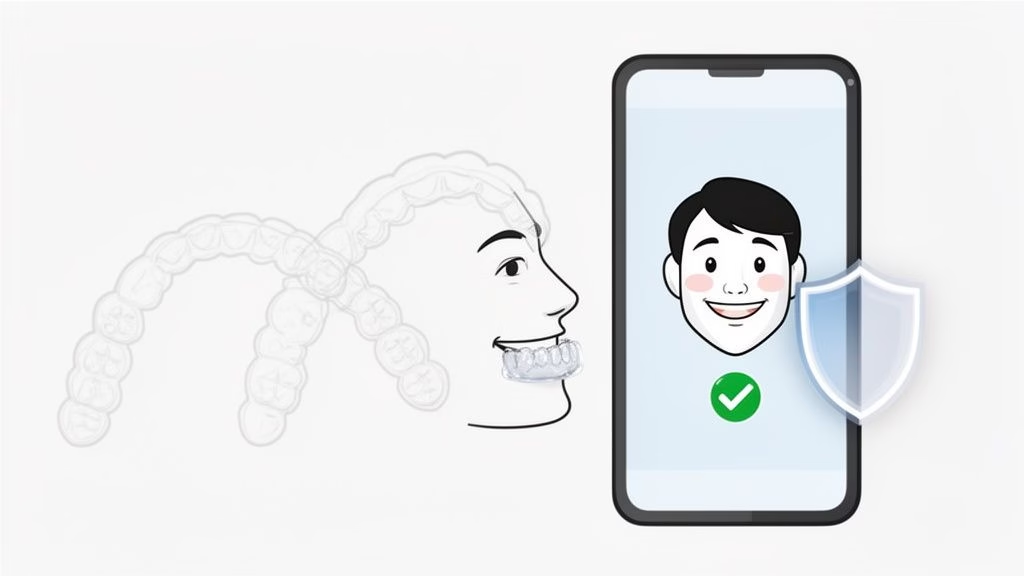Is Vaping Bad for Your Teeth? What You Need to Know
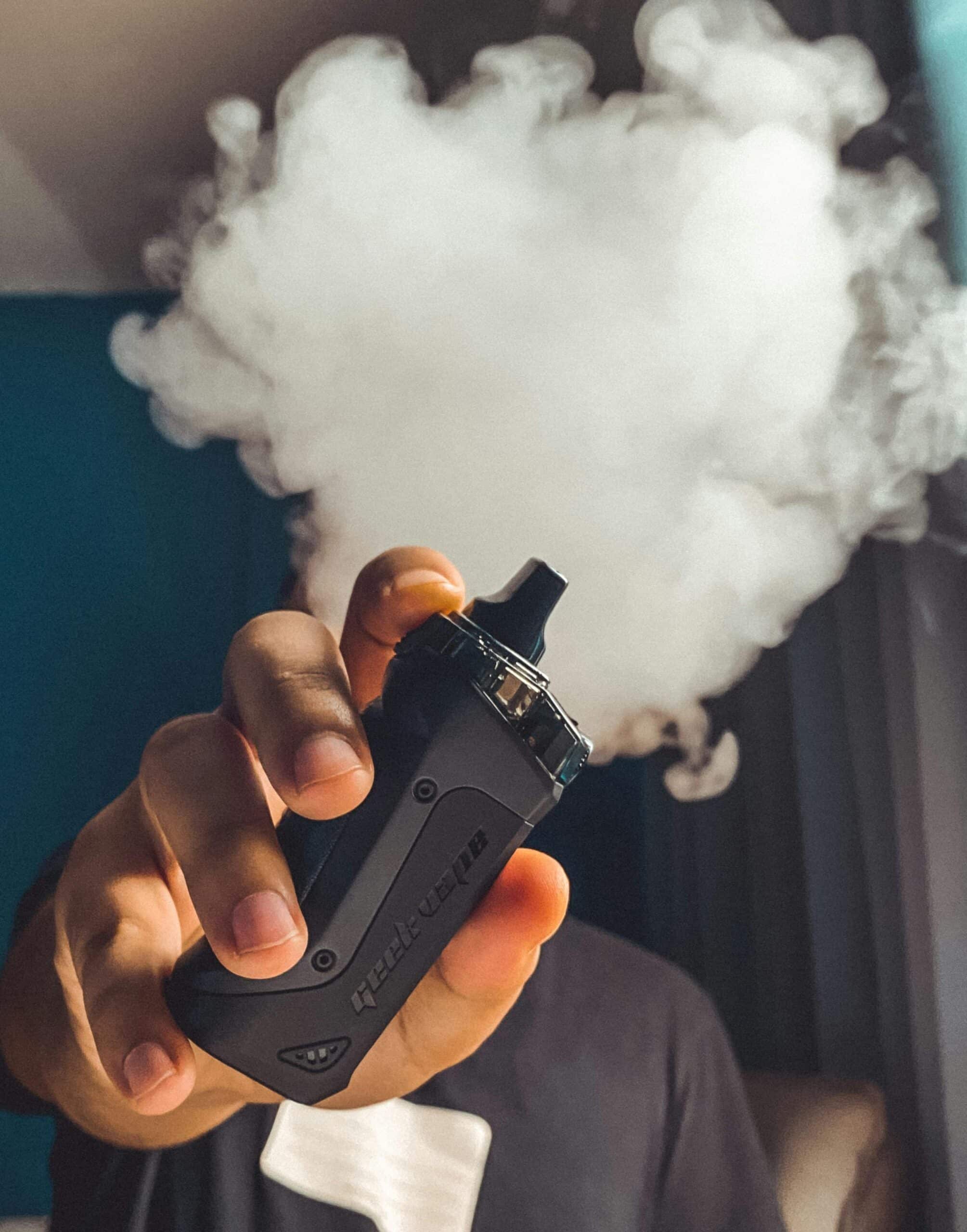
Vaping has grown in popularity over the past decade, with many people seeing it as a “healthier” alternative to smoking. But while it may not leave your clothes smelling of smoke or stain your fingers like traditional cigarettes, vaping isn’t harmless—especially when it comes to your oral health. So, the big question is: Is vaping bad for your teeth? Let’s dive into what vaping does to your mouth, the potential risks, and how you can protect your smile.
How Does Vaping Affect Your Teeth and Gums?
E-cigarettes work by heating a liquid (often containing nicotine, flavourings, and other chemicals) into a vapour that is then inhaled. Unlike traditional cigarettes, they don’t contain tobacco, but that doesn’t mean they’re risk-free. Here’s how vaping can impact your dental health:
1. Dry Mouth (Less Saliva, More Problems)
Vaping reduces saliva production, leading to dry mouth—also known as xerostomia. Saliva is crucial for keeping your mouth clean by washing away bacteria and food particles. When there’s not enough saliva, bacteria can thrive, increasing your risk of cavities, bad breath, and gum disease.
What you can do: Drink plenty of water throughout the day and consider using sugar-free gum to stimulate saliva production.
2. Increased Risk of Gum Disease
Nicotine—whether from cigarettes or e-cigarettes—reduces blood flow to the gums, making it harder for them to get the oxygen and nutrients they need to stay healthy. This can lead to inflammation, gum recession, and even gum disease (periodontitis) over time.
Gum disease can cause:
Bleeding gums
Swollen or tender gums
Gum recession (when gums pull away from the teeth)
Tooth loss in severe cases
What you can do: If you vape, be extra diligent with your oral hygiene—floss daily, brush twice a day, and don’t skip your dentist visits.
3. Tooth Discolouration
One of the big selling points of vaping is that it doesn’t contain tar, the substance in cigarettes that stains teeth yellow or brown. But that doesn’t mean your smile is safe from discolouration.
Some vape liquids contain sweeteners, flavourings, and artificial colourings that can stick to your teeth over time. These ingredients can lead to staining and plaque buildup, making your teeth look dull or yellow.
What you can do: Use whitening toothpaste, avoid heavily coloured vape liquids, and keep up with professional cleanings.
4. Increased Cavity Risk
Many e-liquids contain sweeteners and flavouring agents, which may taste great but can encourage bacteria growth in your mouth. This creates the perfect environment for plaque and cavities to develop.
In fact, a 2018 study found that some vaping liquids increase the stickiness of bacteria to tooth enamel, making it easier for cavities to form.
What you can do: Rinse your mouth with water after vaping and stick to a low-sugar diet to reduce your risk of tooth decay.
5. Mouth Sores and Irritation
Vaping can sometimes cause mouth sores, ulcers, or irritation. The chemicals and heat from the vapour may dry out your mouth and make the delicate tissues inside more vulnerable to small injuries.
Some vapers also experience “vaper’s tongue”, where their sense of taste becomes temporarily dulled due to irritation from the e-liquid ingredients.
What you can do: Take breaks from vaping if your mouth feels irritated, and make sure to stay hydrated.
Does Vaping Cause Oral Cancer?
This is a big question, and the short answer is: We don’t know yet.
Because vaping is relatively new compared to traditional smoking, researchers are still studying its long-term effects on oral and overall health. What we do know is that many e-cigarette liquids contain potentially harmful chemicals, some of which have been linked to cell damage.
While vaping may have fewer carcinogens than cigarettes, it’s still not risk-free, and the long-term effects are still being researched.
Bottom line: If you vape, be aware that it could have unknown long-term consequences for your oral health.
How to Protect Your Teeth if You Vape
If you’re not ready to quit vaping but want to protect your smile, here are some things you can do:
✔ Brush and floss daily – Keep plaque and bacteria under control.
✔ Use fluoride toothpaste – Strengthens enamel and protects against decay.
✔ Drink more water – Helps combat dry mouth and rinse away harmful particles.
✔ Chew sugar-free gum – Stimulates saliva and keeps your mouth hydrated.
✔ Rinse your mouth after vaping – Helps wash away any lingering sweeteners or chemicals.
✔ See your dentist regularly – Professional cleanings and check-ups can catch any early problems before they become serious.
Conclusion: Should You Quit Vaping for Your Teeth?
If you’re serious about maintaining your oral health, quitting vaping is the best way to reduce your risk of gum disease, cavities, and dry mouth. But if quitting isn’t on your radar just yet, following the tips above can help minimise the damage and keep your teeth as healthy as possible.
If you have concerns about how vaping is affecting your teeth, why not speak to a dentist from home? The Toothfairy app connects you with UK-licensed dentists for virtual consultations, helping you get professional advice without leaving your house.
Want expert dental advice about your oral health? Download the Toothfairy app today and take control of your smile!
Bottom Line: Is Vaping Bad for Your Teeth?
Yes—it can contribute to dry mouth, gum disease, cavities, and staining. The best thing for your oral health is to quit, but if you choose to vape, proper oral care is essential to minimise damage.
Last updated on March 7, 2025

Toothfairy Care Team
Toothfairy, is the world's smartest dental app, that connects patients to a dentist for a range of issues, from emergencies, cosmetics, prescriptions to virtual exams.
Toothfairy Care Team
Toothfairy, is the world's smartest dental app, that connects patients to a dentist for a range of issues, from emergencies, cosmetics, prescriptions to virtual exams.

